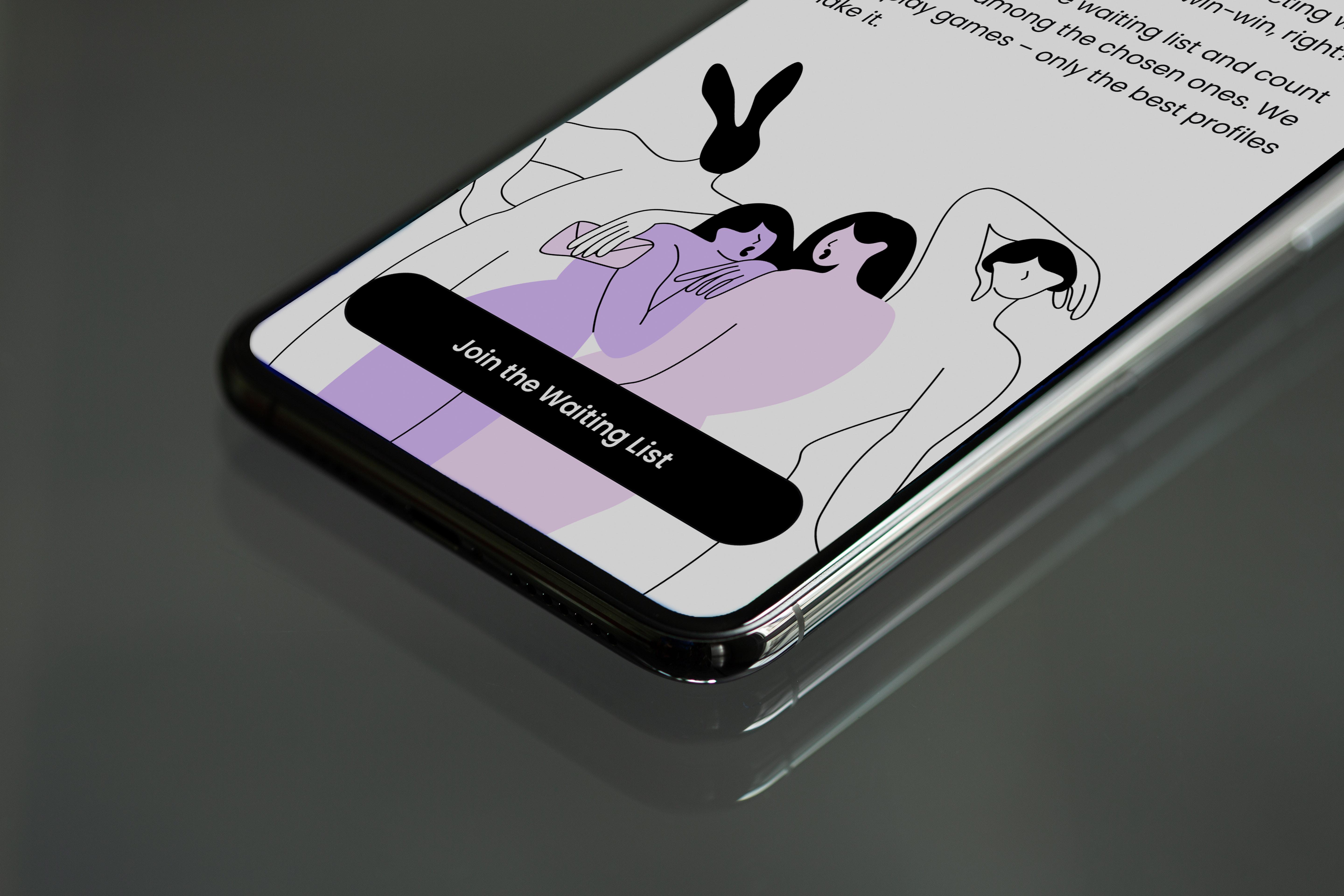In the digital age of romance, where love stories often begin with a swipe and a chat, the thrill of meeting someone new online can be exhilarating. Yet, beneath the glossy profiles and charming messages, there lurks a less enchanting possibility: deception. When suspicions arise and the authenticity of your online date comes into question, it’s crucial to navigate these murky waters with both caution and clarity. In this article, we’ll explore the subtle signs of dishonesty, offer strategies for uncovering the truth, and guide you on how to proceed when your heart and instincts are at odds. Whether it’s a minor embellishment or a more significant deceit, knowing how to handle the situation can safeguard your emotional well-being and help you make informed decisions about your budding relationship.
Spotting the Red Flags of Digital Deception
When navigating the digital dating landscape, it’s crucial to be vigilant for signs of dishonesty. Digital deception can manifest in various subtle ways, and recognizing these early can save you from potential heartache. Here are some common indicators to watch out for:
- Inconsistencies in Stories: If their tales frequently change or don’t add up, this could be a red flag.
- Reluctance to Meet in Person: Constant excuses for avoiding face-to-face meetings may indicate they’re hiding something.
- Vague or Evasive Responses: Pay attention if they dodge specific questions or provide unclear answers.
- Lack of Online Presence: A limited or suspiciously curated digital footprint might suggest they’re not who they claim to be.
Trust your instincts and remember that it’s always okay to seek clarity. A genuine connection will withstand honest inquiries.

Mastering the Art of Online Investigation
In the digital age, verifying the authenticity of an online date can be both crucial and complex. If you suspect deceit, consider these strategies to uncover the truth. Start by conducting a simple reverse image search. This can reveal if their profile pictures are authentic or lifted from elsewhere. Additionally, evaluate their social media presence; inconsistencies in stories or the absence of a digital footprint can be red flags.
- Check for consistent information: Compare details across different platforms.
- Look for mutual connections: Shared friends can offer insights.
- Assess communication patterns: Frequent cancellations or evasive answers may indicate dishonesty.
These methods, when used judiciously, can help you navigate the murky waters of online dating with confidence and clarity.

Engaging in Honest Conversations with Your Match
When navigating the digital dating scene, it’s crucial to foster a space where transparency thrives. If you find yourself doubting the authenticity of your match’s words, approach the situation with care and empathy. Open dialogue can often clarify misunderstandings and lead to stronger connections.
- Ask Direct Questions: Approach the subject with directness but also with sensitivity. Use “I” statements to express your feelings without casting blame.
- Listen Actively: Pay attention to their responses. Are they consistent with previous conversations? Active listening can reveal much about their sincerity.
- Share Your Concerns: Let them know why you’re feeling uncertain. Honesty about your own feelings can encourage them to be honest in return.
By engaging in these conversations, you’re not only seeking truth but also building a foundation of trust and mutual respect. Remember, it’s not just about uncovering lies—it’s about understanding and growing together.

Deciding When to Walk Away and Protect Your Heart
When you sense dishonesty creeping into your online dating experience, it can be both confusing and unsettling. Trust is foundational, and if you suspect deceit, it may be time to evaluate the situation critically. Here are a few signs that might indicate it’s time to protect your heart and move on:
- Inconsistencies in Stories: If their tales often change or don’t add up, this could be a red flag.
- Reluctance to Meet: A constant avoidance of in-person meetings might suggest they’re hiding something.
- Overly Vague or Secretive: If they’re unwilling to share basic information, it might be time to reconsider your connection.
Trust your instincts. Your well-being is paramount, and recognizing when to walk away is a crucial step in maintaining your emotional health. It’s better to be cautious than to compromise your peace of mind.




